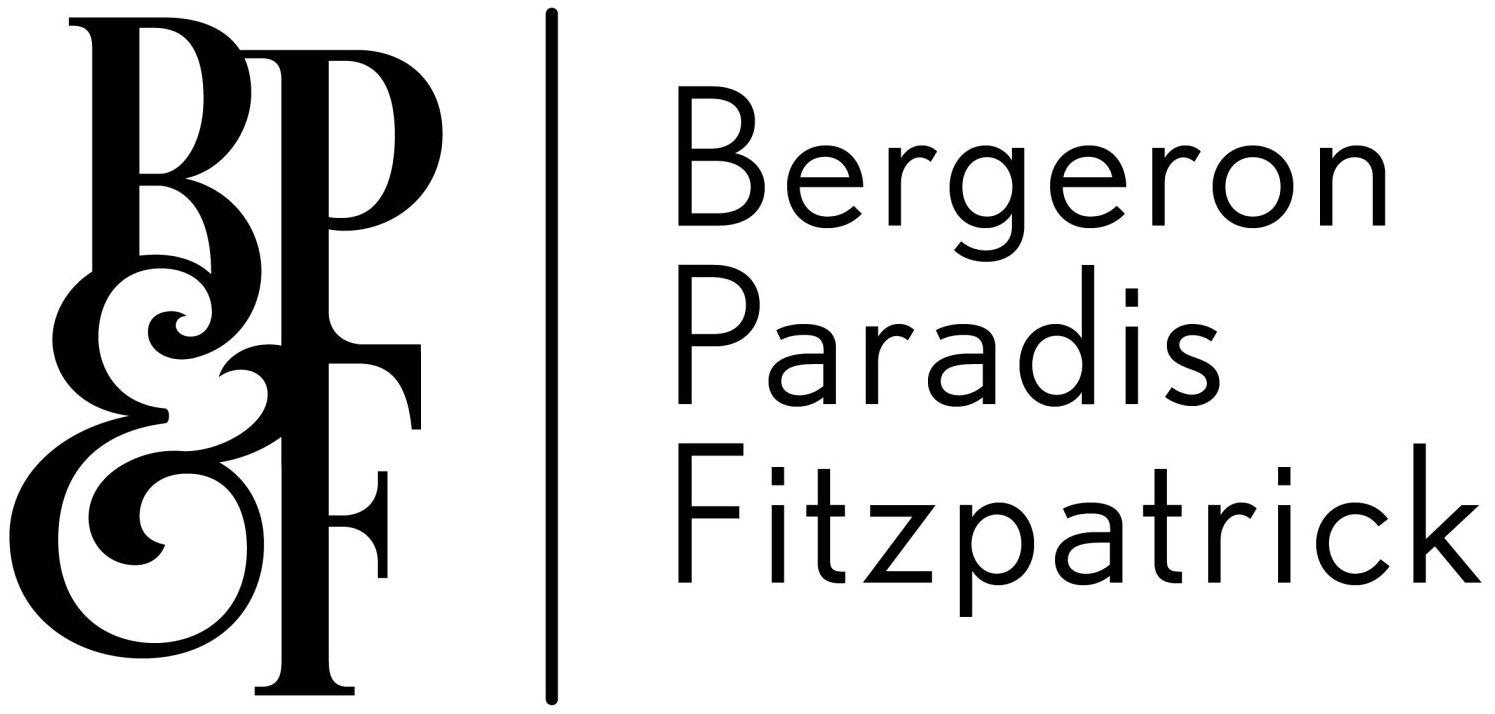In honor of International Child-Centered Divorce Month, which is celebrated every January, today's blog focuses on the impact that divorce can have on children and how to reduce the negative emotional and psychological effects they commonly experience. The child’s personality and the parents’ relationship before, during, and after the divorce dramatically impacts how the child is able to process and deal with the divorce.
Children of all ages, even as adults, may experience behavioral problems and social adjustment issues due to divorce.. However, when divorcing parents act responsibly and prioritize the health and wellbeing of their children, kids of all ages fare significantly better.
Divorces that are especially contentious and ugly can lead to all kinds of serious problems for the children. Sports, grades, and overall academics are frequently impacted. A child who is struggling with a painful divorce can exhibit behavioral problems, which may involve angry outbursts and aggressive behavior, or even becoming completely withdrawn. In some cases, divorce can take a toll on the child’s physical health, making them vulnerable to illness and infection.
Tips for a Peaceful Divorce
Although divorce can be difficult on children, it is sometimes the best (or only) option for the family. Constant fighting, especially when the fighting becomes abusive, is highly detrimental to children. Divorce can be handled responsibly and in a positive manner even if you and your spouse are experiencing conflict in your relationship. If you have decided that divorce is the best option for you and your family, here are some tips to minimize the negative impact on your children.
Avoid speaking negatively about the other parent.
We have seen it all, and we understand how infuriating an ex-spouse can be during and after divorce. But speaking badly about the other parent often results in the child internalizing that information and identifying with these negative characteristics. It’s always best to take the high road. Vent to your friends or therapist, but not to your kids. Children need to feel connected to both of their parents. Focus on what you can do to strengthen your child’s relation ship with their other parent.
Avoid oversharing with your kids.
In today’s day and age of open communication and extreme honesty between parents and children, some divorcing parents believe it’s in their child’s best interest to openly discuss the divorce, rather than keeping their kid in the dark. But discussing matters of child support, the divorce settlement, and how unfair your ex is being is not in your child’s best interest.
Take care of yourself.
You know what they say about putting on your own oxygen mask before helping your child put on theirs? If you are disregarding your own needs, this will inevitably impact your emotional health. And when it comes to raising healthy, happy children, nothing is more important than love and emotional stability. If your mental health is suffering because you are sacrificing your own needs for “the greater good,” your children are bound to suffer as well. Get plenty of rest, try to exercise, eat well, surround yourself with friends, do things that make you happy, and seek therapy if you need to.
Introduce new partners slowly.
Despite your excitement and enthusiasm for your new relationship, it’s best not to introduce a child to a new partner until you have been dating for several months (the longer the better) and are fairly sure that you’re in it for the long haul. Introducing someone too early risks exposing them to another break up in a short period of time.
Consider mediation.
The process of mediation can be a wonderful alternative to traditional divorce. In addition to being less contentious and stressful, mediation is typically quicker and less expensive. It also promotes an open dialogue between the divorcing spouses in an informal setting. Consider having your attorney attend mediation with you if you prefer to have their support in negotiating your divorce agreement.
Mediation is often much easier on children because it tends to result in a better long-term relationship between the parents. All that being said, mediation is not advisable in divorces that are highly contentious or that involve physical or emotional abuse.
Contact a Vermont Divorce Lawyer Today
Whether you are just considering divorce or you are in the midst of a particularly challenging divorce, the skilled family law team at Bergeron, Paradis & Fitzpatrick can help. Contact us today for a confidential consultation about your case.



